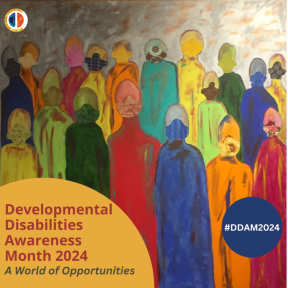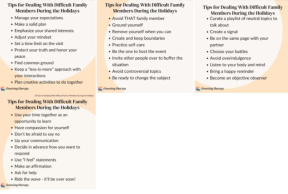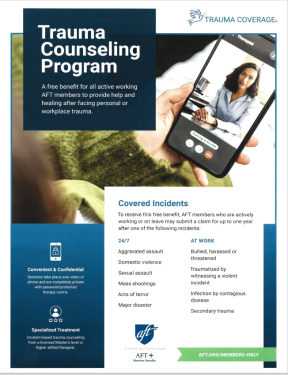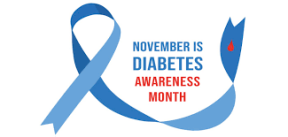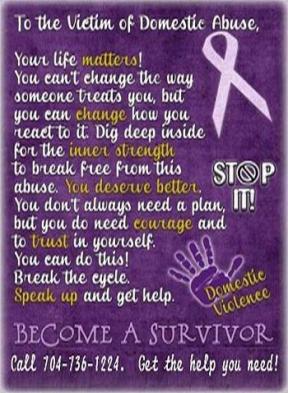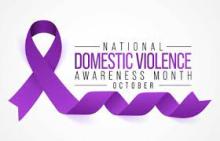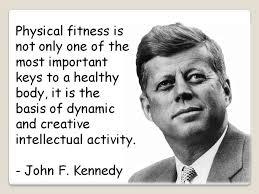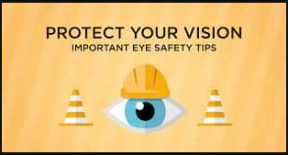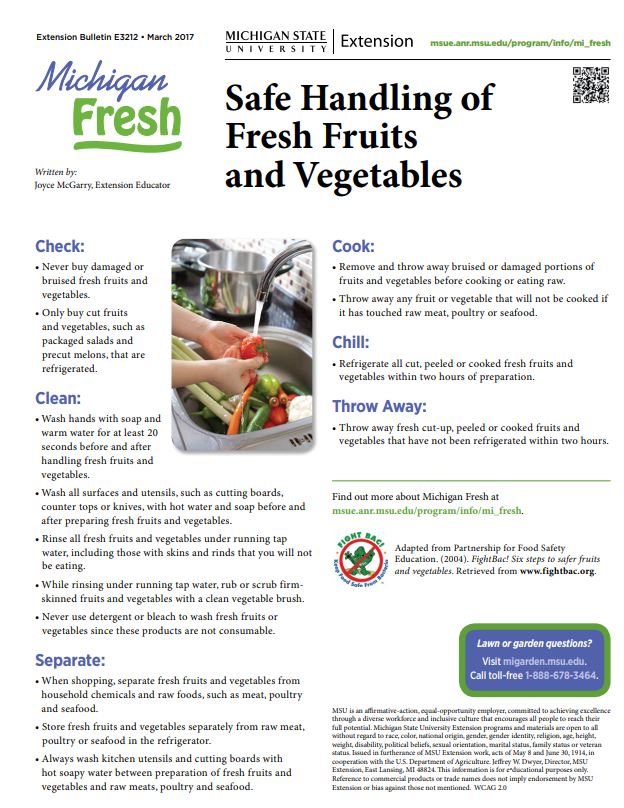Now that winter has given way to spring, it's time to take a look at how the snow and heavy rains, along with strong winds could pose risks to both the inside and outside of your home. It's time to take proactive steps to safeguard your property, minimize risks from inclement weather and prevent costly damage.
1. Inspect and Maintain Your Roof
Your roof is your home’s first line of defense against the elements. Now that winter has transitioned to spring, look for:
- Loose or missing shingles
- Damaged or corroded flashing
- Ice dam residue or water stains
Rapid temperature changes, snow accumulation, and ice can weaken roofing materials. Prompt repairs can prevent water infiltration and further structural damage.
2. Clean and Check Gutters and Downspouts
Gutters and downspouts direct water safely away from your home’s foundation. Ensure they are free of:
- Leaves, twigs, and other debris
- Blockages that cause overflow
Make sure downspouts extend at least three feet from your foundation to prevent water from pooling and seeping into your basement or crawl space.
3. Assess Your Home’s Foundation and Siding
Spring’s heavy rains and strong winds can expose any existing vulnerabilities in your home's exterior. Check for:
- Cracked or loose siding
- Gaps or holes around windows and doors
- Worn or damaged weather stripping
Be alert for signs of water seepage now that the ground has thawed. If you have a sump pump, test it.
4. Trim Trees and Secure Outdoor Items
Spring storms can bring high winds capable of turning branches and unsecured items into hazards. Be proactive by:
- Trimming overhanging or dead branches
- Securing patio furniture, grills, and lawn decorations
Prevent potential damage to your roof, siding, or windows from airborne debris.
5. Grade Your Lot for Proper Drainage
Proper grading prevents water from accumulating near your foundation. Make sure your yard slopes away from the home, which helps:
- Prevent water damage and erosion
- Protect against foundation cracks and shifting
- Keep the soil around the foundation stable
A well-graded lot ensures rainwater flows away efficiently, reducing long-term risks to your home’s structure.
6. Prepare for Emergencies
Even with thorough preparation, severe weather can still lead to unexpected damage. It’s essential to have an emergency plan in place. Be sure to:
- Stock flashlights, batteries, a battery-operated radio, and a first-aid kit
- Keep a supply of bottled water and non-perishable food
- Ensure your backup generator is functional and fueled
- Charge phones and power banks before a storm
Take time to review your homeowner’s insurance policy to confirm that you have adequate coverage for wind, hail, and water damage. Understanding your policy can help you respond quickly and confidently if damage occurs.


